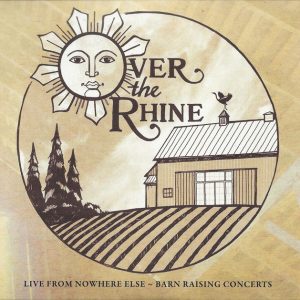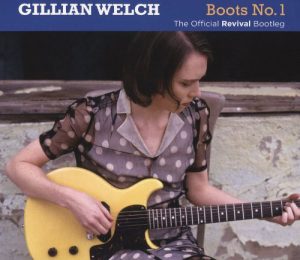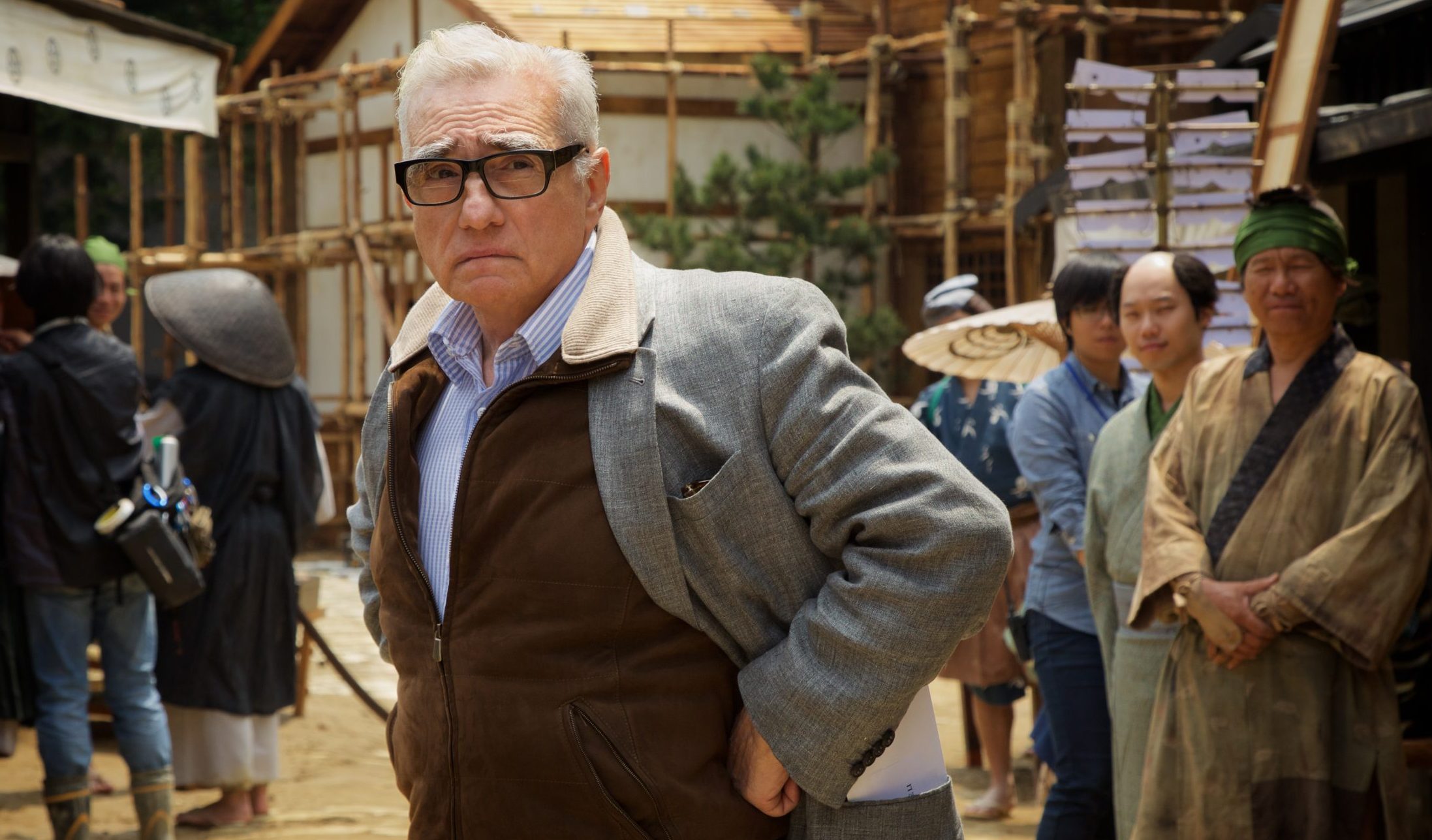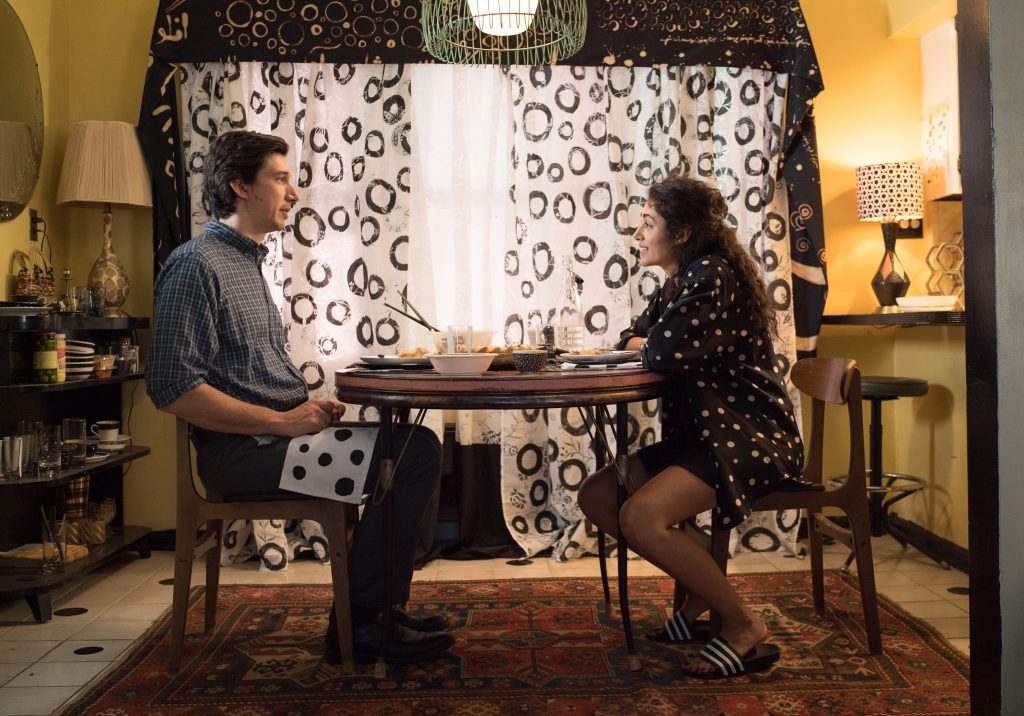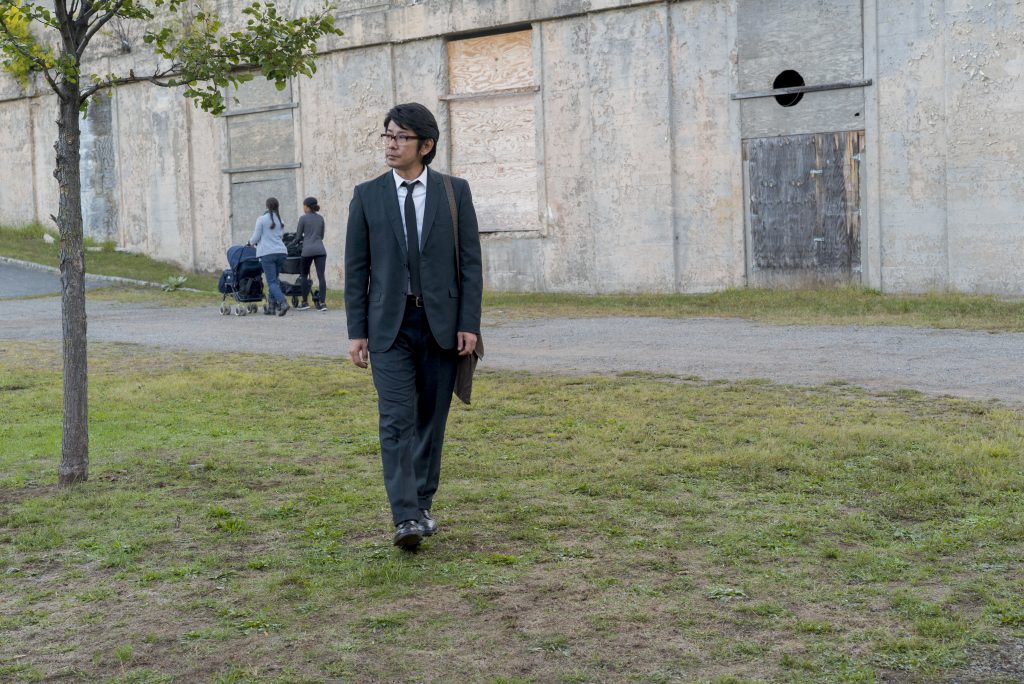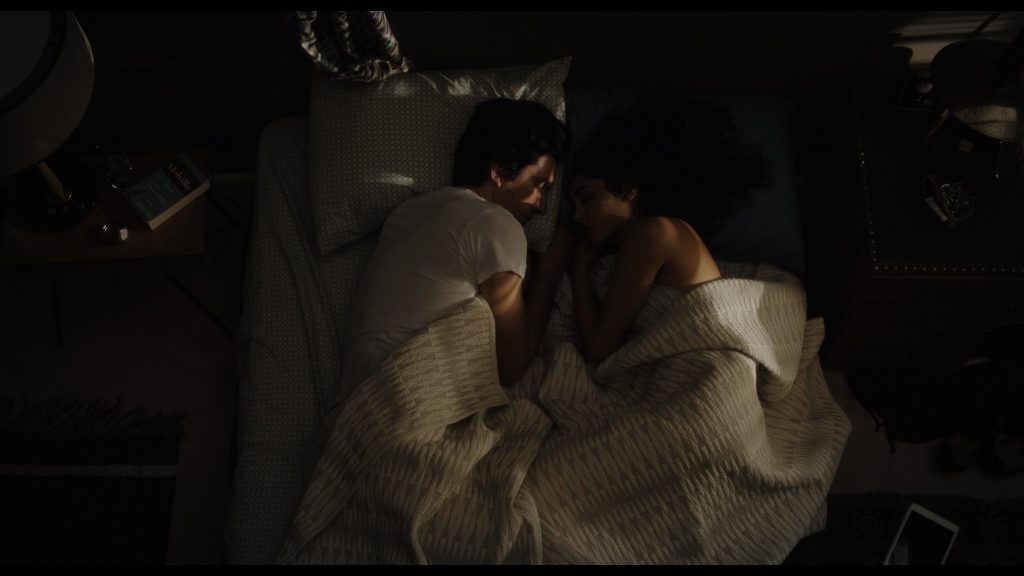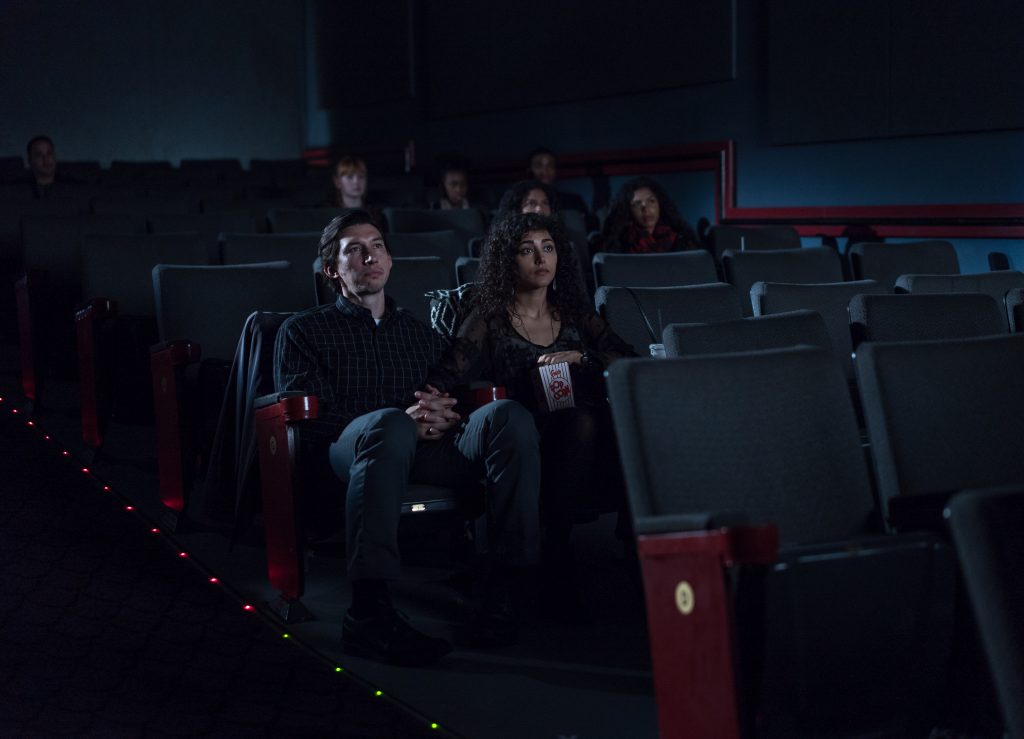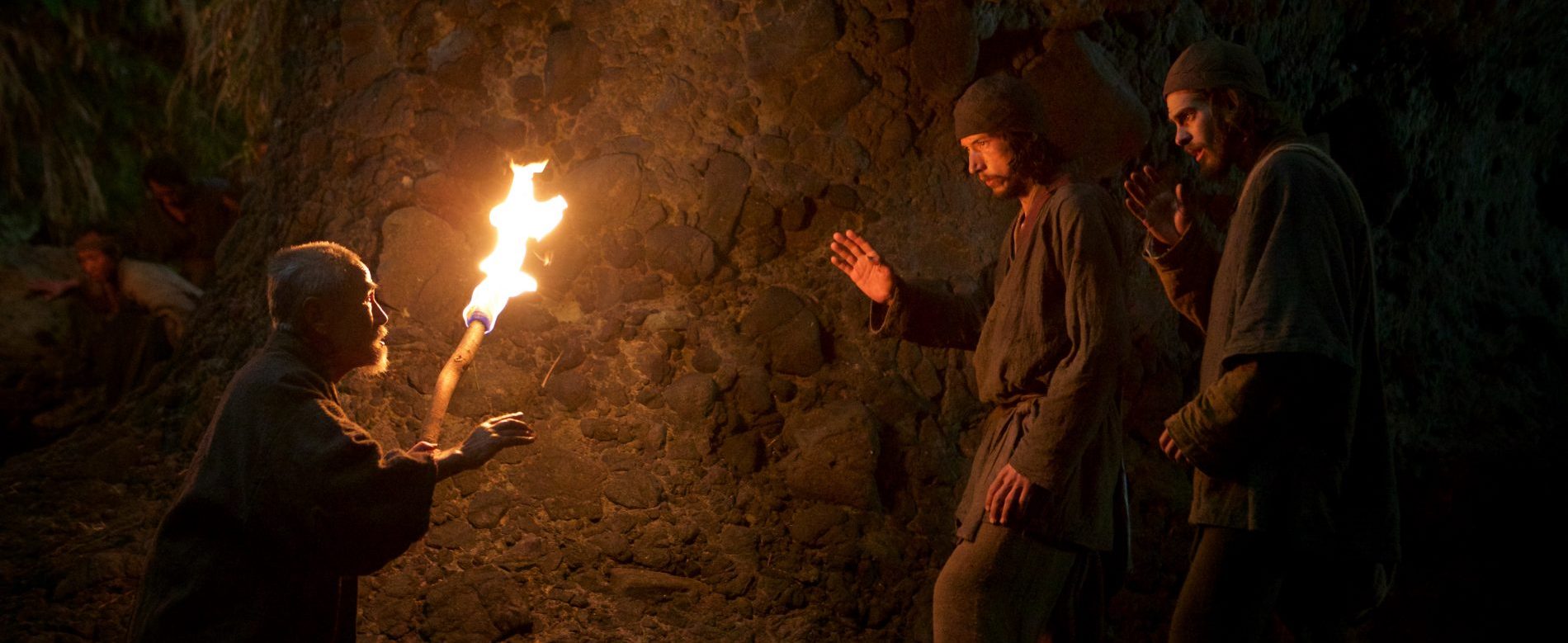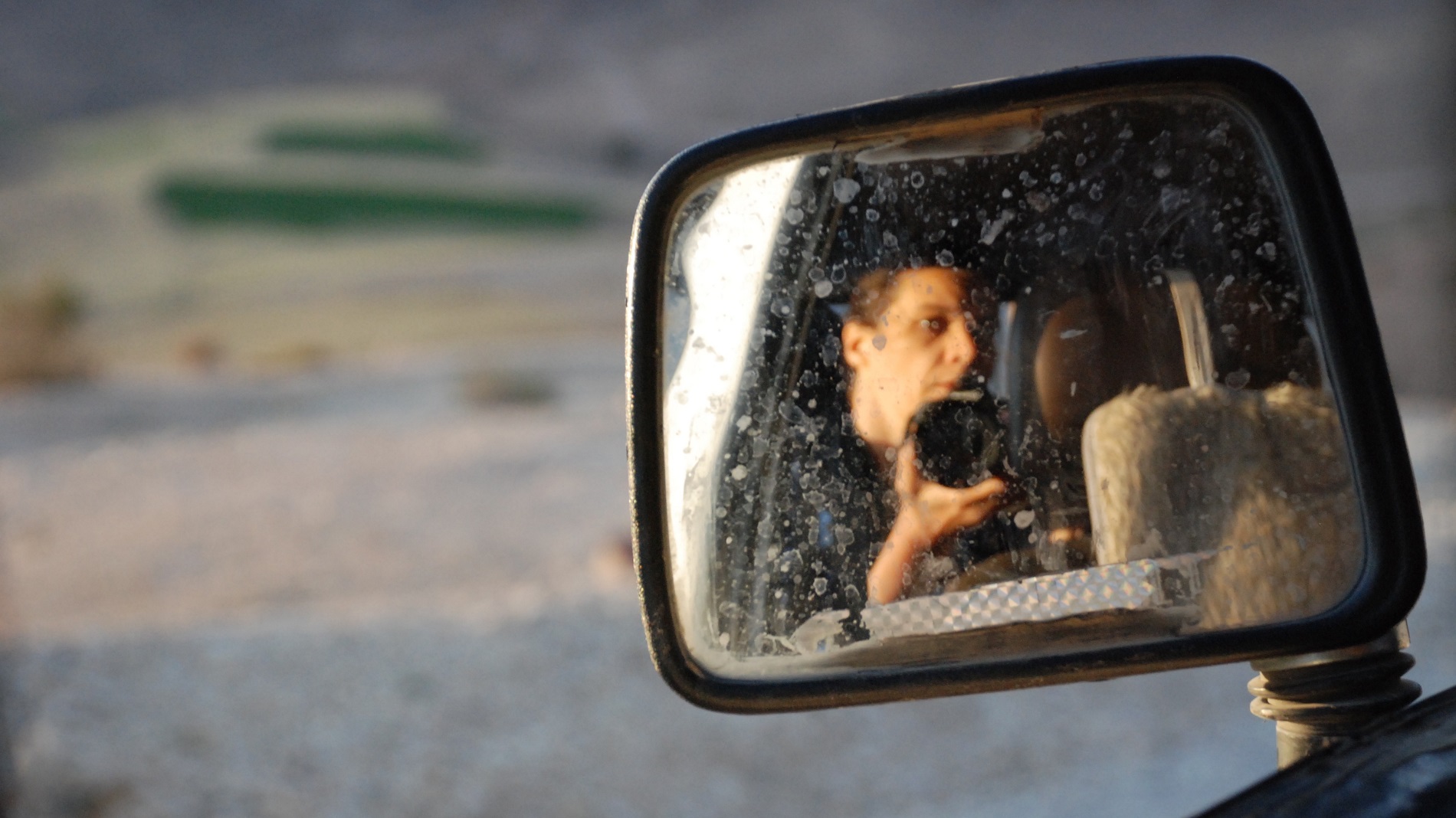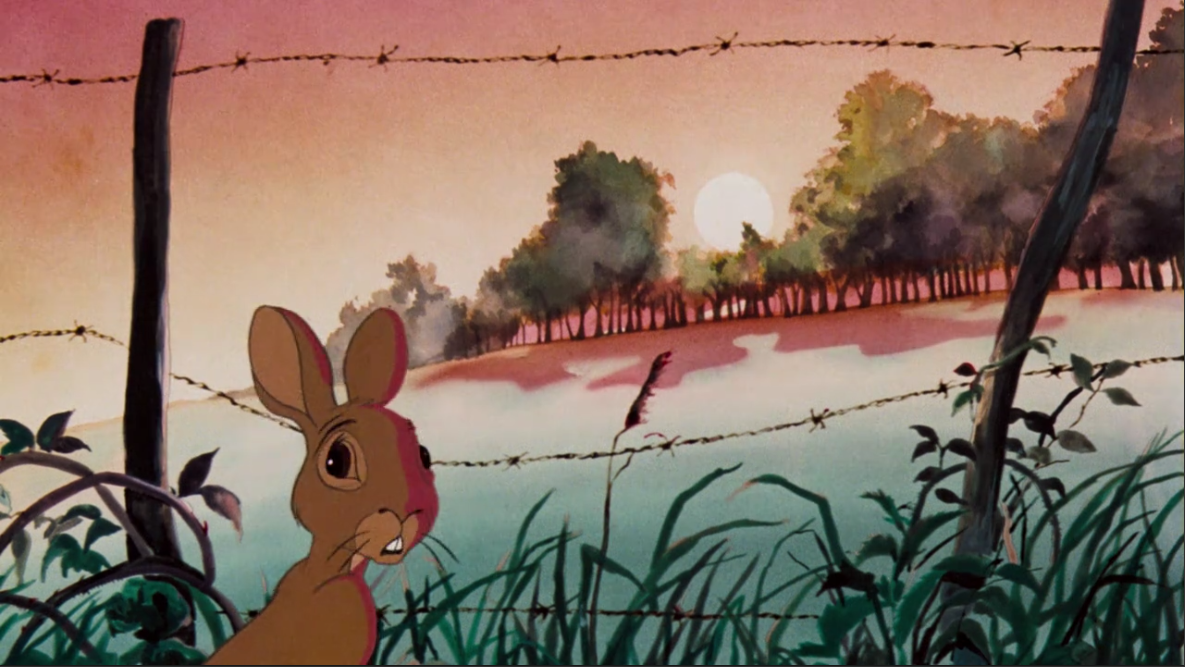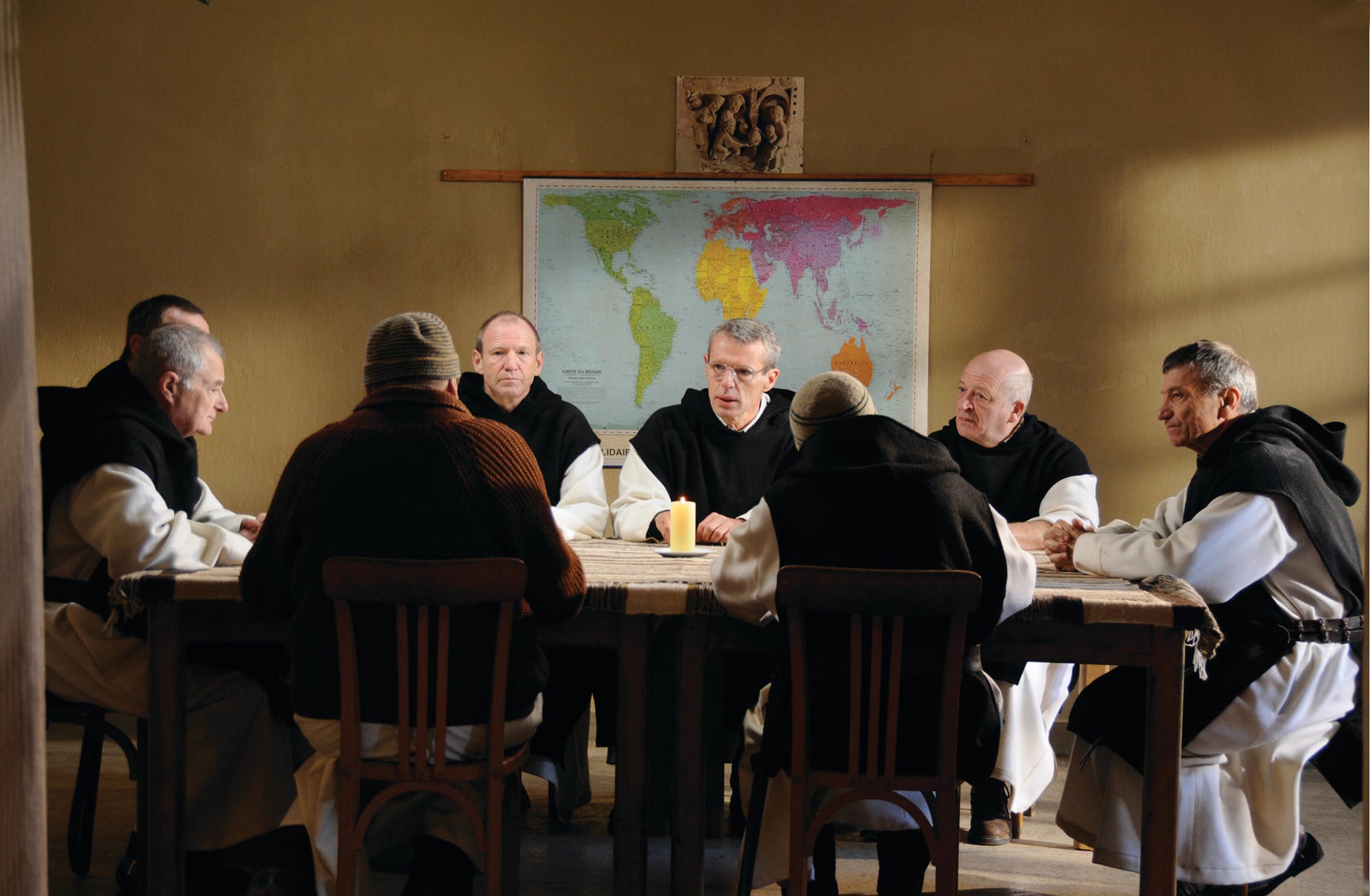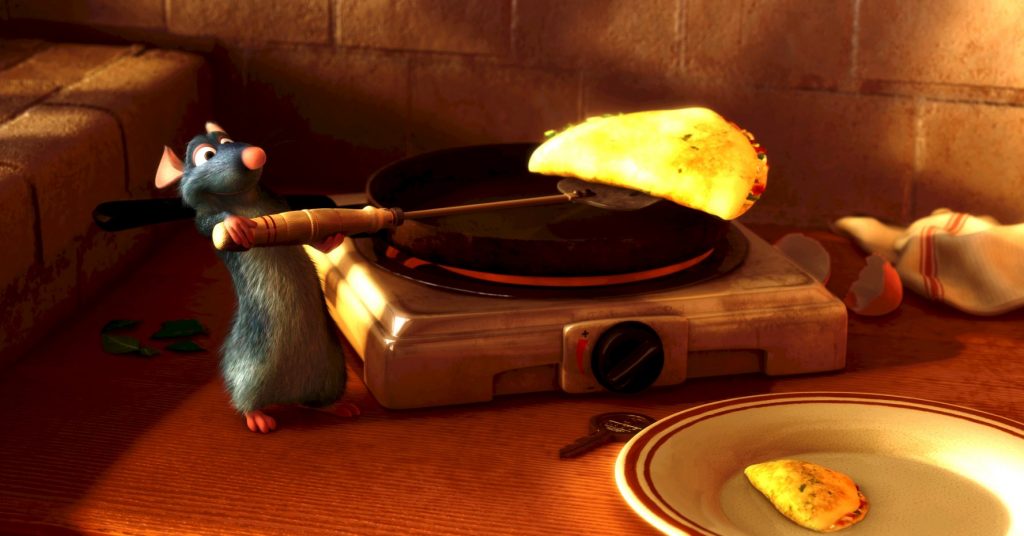Overstreet's Favorite Recordings of 2016: The Top Ten (Post 3 of 3)
And so we've come to the final list: my top ten favorite recordings of 2016.
(If you want to read the list that leads up to the Top Ten, well... here's Part One and here's Part Two.)
I've recorded short videos that feature my personal reflections on each of these albums. They're available to the Looking Closer Specialists on our private Facebook group. If you're interested in joining that group, read about the Specialists and how to join them.
10.
9.
8.
7.
6.
5.
4.
3.
2.
1.
Overstreet's Favorite Recordings of 2016 (Post 2 of 3)
This year, difficult circumstances at home and work — and, let's face it, all across America — delayed my annual Favorite Music marathon. I know, I know... you've all been sitting there, postponing meals and sleep and self-care, just waiting for this to be published.
Well, here it comes! These are the albums that I played on heavy rotation in 2016 — for the poetry of their lyrics, the surprising and enthralling sounds of their melodies and musicianship, and the sustaining inspiration they brought to an otherwise dispiriting year.
Before we return to the countdown — two things:
One: Did you see my list of "runners-up" albums that I enjoyed in 2016? For each one, I've linked to some favorite tracks.
•
Now for Part Two of Three. It's time to meet the silver medalists, in a list called...
Enthusiastic Fan Letters
25.
Wilco — Schmilco
Thank you, Wilco, for remaining creative, unpredictable, prolific, and personal. I'm glad you chose to keep these songs separate from last year's fantastic Star Wars record — these really do exist in a different world of characters, stories, mysteries, and moods. I like the intimacy and honesty of these tracks — these confessions of alienation, doubt, restlessness, and longing are good for the soul. They make me feel a little less alone as I look around at an America that seems more foreign and disillusioning and hostile all the time.
Thanks also for you generosity in making so much available to share on YouTube!
https://www.youtube.com/watch?v=-9tdVc6iBPU&list=PLdipeJKLIdKFWq_A_C3n_jAyOxjz1w9-9
24.
David Bazan - Blanco
Dear David Bazan,
Almost twenty years ago, I received an email in response to one of my film reviews that said, "You might someday become a formidable film critic if you learn to get over outrage." I've treasured that bit of counsel. Righteous anger felt good when I was writing. And I really was angry about a great many things, especially in relationship to America's political church. But since then I've observed that, insofar as I am able to write from a place of humility and curiosity and joy rather than frustration, I am able to experience more joy in my writing, and I cultivate a better relationship with my readers.
Why am I saying this? David, your songs have always engaged and inspired me, from your days with Pedro the Lion to your very public "breakup" with the church. You've always balanced your scathing criticisms of Christian culture and commercialized art with self-effacing (and even, perhaps, self-loathing) confessionals, so you've never been a scold or a hater.
But here, on Blanco, you're surprisingly introspective, making a study of the fears, lies, and damage in your characters' hearts (or yours?) without ever making them sound like they're punishing anybody... or themselves. I hear lines about infidelity and its corrupting influences, about tender exchanges from a father to a daughter, about second-guessing the past-tenseness of faith.
And while I may not crazy about every flourish of synthesizers here, I'm glad to hear you constantly exploring new sonic possibilities. This album works best when I have time to really marinate in the lyrics. I recommend that everybody does.
https://www.youtube.com/watch?v=Rv29dEdJoVw
23.
The Rolling Stones - Blue and Lonesome
Dear Rolling Stones,
While I came to your material very late — let's say the '90s — I've come to a place of deep appreciation for the role your music has played in American history, and the resilience with which you have kept the band together. That has come more from movies and from the way your hits have saturated American culture than any devoted study to your records.
So perhaps it's presumptuous of me to say this, but it seems your early material that holds up best. Your more recent albums, as impressive as they've been in showing your refusal to surrender, have felt too much like ideas that came from committees, not from rockers caught in fits of inspiration.
Blue and Lonesome is different. This feels like you were given an opportunity to do what you love, and to throw yourselves into it. What you love is different than what will sell, and I doubt that this record will be a blockbuster for you. But oh, wow — you sound revived, reinvigorated, and inspired. It feels like the music is leading you, this time. It makes me glad to be here, to witness the arrival of a great Stones album, instead of just looking back at them. It makes me wonder how many other veteran groups would still be capable of such a spontaneous, rootsy effort. (U2, are you listening?) It feels so live, so much like guys who love to play getting together in a room to jam until they collapse.
And Jagger, you sound better than you have on any of the solo records I've heard.
https://www.youtube.com/watch?v=Rqyb_pceUsY
22.
PJ Harvey — The Hope Six Demolition Project
Dear PJ Harvey,
I bought Dry in 1992 and have been tuning in to every record ever since. And the ride never ceases to be astonishing or compelling. You've taken turns I don't understand, and some I find deeply disturbing, but I've learned that this is true with most artists who make themselves fearless in following their vision.
I love Let England Shake in 2011, with its literary qualities, its mind on history, and its absolute refusal to play to the crowd. I love the surprising romance and dreams of Stories of the City, Stories of the Sea. I love Is This Desire? — which is so startlingly different than your guitar-heavy records, and so full of rich, surprising soundscapes.
This one? I can't say it's my favorite musical endeavor of yours, and I find the lyrics almost too cryptic, at times, for interpretation. But they are challenging and relentlessly discomforting in ways that ring true, and I sense here a burden of bearing witness, a deep sense of conscience, and heartbreak for the vulnerable and exploited populations of the world. It sounds like righteous lament. Your journeys through Kosovo, Afghanistan and Washington, D.C. have inspired an appropriately dismaying work, one that is difficult to stick with, but that comes back to haunt me.
I'm particularly shaken by these lines, which seem to describe the ways in which so many have become dangerously gullible to any political promise of favor:
At the refreshments stand
A boy throws out his hands
As if to feed the starlings
But really he throws nothing
It's just to watch them jump...All near the memorials to Vietnam and Lincoln...
You sang this as it was happening in the headlines. You did not go unheard.
Blaze on, you fearless and prophetic punk-rock comet.
https://www.youtube.com/watch?v=7ReW0jJkag8
https://www.youtube.com/watch?v=TYp6gvr8leA
21.

Daniel Lanois - Goodbye to Language
Dear Daniel Lanois,
Birdy was one of the first film soundtracks I ever purchased. I was in high school, and I had already figured out that I had been born into this world to write stories. And when I listened to your collaborations with Peter Gabriel, I felt my head and heart fill up with creative energy. That strange phenomenon continues today, thirty years later. And Goodbye to Language is the strongest and most creatively inspiring instrumental release I've heard from you in a long time.
Having said that, I must also express how much I miss your songwriting. Acadie, For the Beauty of Wynona, and Shine remain in heavy rotation on my stereo, and your lyrics are good medicine. I hope that we haven't heard the last of your poetic lyrics, or your provocations to live on love.
(We can currently listen to the whole thing here.) I appreciate your strange collaborations with Rocco DeLuca, but, for my money, the outstanding track here is your solo performance of "Deconstruction."
Here's Tom Moon at NPR casting a net of language around a wordless album.
https://vimeo.com/141178962
20.
Jim James — Eternally Even
Dear Jim James,
I'm not sure I could describe this mix of styles and instruments better than Thom Jurek does in this review: "spacey psychedelia, jazzy, multi-textured, 21st century soul, and moody nocturnal funk infused with measured indie pop cool." But I can say, from experience, that this record caught my attention quickly and then got its funk-fueled hooks in for the long haul. I'm only beginning to wrestle with your lyrics, which seem to suggest a despairingly bleak view, one that looks heavenward and finds no hope of God. But then there is a pulse of hope and longing that suggest a deeply embedded sense of how things should be, of the importance of love and mercy. Hey, I'll take the voice of God where I can find it.
It's hard not to feel that these were written for today:
The stone is thrown, it's coming fast
The next thing you know
It's crashing thru the glass
Now we're down on our knees picking up the scraps
Whatever it takes we're gonna build it back...No kidding.
Or this:
...you can't trade today for some far off promise of tomorrow
Can't build love out of guns, blood, and sorrow
They say we can't live together but we know that's a lie
'Cause we know it in our heart we can make it if we try.
https://www.youtube.com/watch?v=ProwOpTX8xI
19.
Lisa Hannigan - At Swim
Dear Lisa Hannigan,
While I was more taken by the lyrics of your Joe Henry-produced record Passenger, your third record casts a particular spell, with sounds that seem inspired by your recent contributions to Tomm Moore's film Song of the Sea. Many thanks to the National's Aaron Dessner, for calling you up and talking you into this project — we're all richer for it. "Undertow" is the big highlight for me here, which has a haunting, recurring melisma that tends to stay with me for hours after I hear it. But an even stronger sense that lingers is that of a heavy heart for the world, one as likely to flare up in anger ("Hang the rich and spare the young") as to float away on a current of tears. And this, this is lovely:
We know not the fire in which we burn
But we sing and we sing
And the flames grow higher.
We read not the pages which we turn
But we sing and we sing and we sing...
https://www.youtube.com/watch?v=adBOG444UoM
https://www.youtube.com/watch?v=iK0iTE-kwpc
18.
Iggy Pop - Post Pop Depression
Dear Iggy Pop,
What a year you've had! You and The Stooges were the subject of a Jim Jarmusch-directed documentary, focusing on your defining role in a musical revolution in the late '60s. And you released an outstanding solo record with the help of Josh Homme from Queens of the Stone Age. Storming the stereo with the authority of Godzilla and the agility of a rock star less than half your age, you sound for all the world like a young Bowie — which seems appropriate, as you may be the giant best-equipped to inherit the Rock Godfather throne that Bowie left empty at the beginning of the year. Congratulations: Post Pop Depression is funny, campy, angry, crass, and surprisingly revealing as you rage with passion about the failure of your successes and conquests to satisfy you.
"Gardenia" is a song of self-destructive adoration for a prostitute with dangerous habits — it's funny and flirtatious the first time you hear it, but then the deep sadness and shame of it seeps to the surface, and its playfulness turns bittersweet."American Valhalla" is towering expression of rage against the dying of the light ("Death is the pill that's hard to swallow / Is anybody in there? / Who do I have to kill?"), but I also hear an undercurrent of worry over unconfessed sins: "Lowly, lowly deeds / That no one sees...."
And on "Sunday," which sounds like the heart of the album, you lament how each week is a demeaning struggle to survive until the day when you can collapse, consider the damage done, and wonder what it's all for. It's like your cynical version of "It's Friday But Sunday's Coming" — one that holds no hope of Gospel deliverance whatsoever.
But I suspect that this record worked for me best as a painfully appropriate soundtrack to an America that seems to be helplessly devolving under the influence of its own worst instincts. There is wisdom in the regrets and laments that you raise here, and much to admire in the energy you still bring to your work — but it sure makes me hope that you find some grace notes after so much dissonance.
https://www.youtube.com/watch?v=tjSnrDikc4M
17.
Shirley Collins - Lodestar
Dear Shirley Collins,
This is my introduction to your work... almost 40 years since your last record. And now I know that I need to work my way back to the beginning to see the bigger picture. Your voice here is authoritative, confident, unconcerned with crowd-pleasing, and intent only on urgent truth. The prophetic quality of these songs has the immediacy of air raid sirens; despite how perfectly they answer today's headlines, these Lamentations sound as old as Ezekiel and Daniel. No wonder Billy Bragg and Colin Meloy credit you as an inspiration. You earn our album cover's pose as one who can read the signs of the times.
Awake, awake sweet England
Sweet England now awake
And to you prayers obediently
And do your souls partakeFor our Lord our God is calling
All in the skies so clearSo repent, repent sweet England
For dreadful days draw near....
https://youtu.be/thKG3GWrJ6k?list=PLP1knN1lssN-dO21vlJpx2ynPjgSMaFWP
https://youtu.be/4_QMW4mv6As?list=PLP1knN1lssN-dO21vlJpx2ynPjgSMaFWP
16.
Allen Toussaint - American Tunes
Dear Allen Toussaint,
I discovered you so late. I fell in love with your sound in 2009, thanks to producer Joe Henry, who made The Bright Mississippi with you and gave the world a record of pure musical sunshine. That record is automatic joy whenever I put it on.
This follow-up record became, alas, a memorial service: a celebration of your life, arriving a few weeks after you were lifted up by the same light that inspired you and carried away to that place where there are no more tears. Little did you know how painfully apropos the title cut, Paul Simon's "American Tune," would become in 2017. I weep whenever I sing along with you on that song — which is usually in the car, in the rain, after reading the latest devastating news, the latest progress report on America's steep decline. But then, even in the midst of what seem to really be the Last Days, you make me smile irresistibly through "Mardi Gras in New Orleans" one more time. And then, to hear you and Rhiannon Giddens together — seriously, I don't know that I could think of a better representation of the best that America still has to offer. It makes me believe — if not in America the Democracy, then at least in the beautiful possibilities that can be realized when we dedicate ourselves to the pursuit of such an ideal.
You were the realized potential of America. Thank you, good sir, for the truth with which you so beautifully blessed the world.
https://www.youtube.com/watch?v=SN3EgzANASU
https://www.youtube.com/watch?v=VwNNZNJE58I
15.
They Might Be Giants - Phone Power
Dear They Might Be Giants,
You have become the most consistently imaginative rock band of my lifetime. I laugh every time. I get addicted to several tracks every time. I never cease to be amazed at the constant reinvention — the way you turn what could just be a parody into a knockout mastery of another form, the way that substance keeps emerging from the silliness, the refusal to grow up and give up on playfulness.
Every Giants fan has a different opinion on which albums are good and which are great. For me, this is a return to the levels of comic invention I heard on John Henry in 1994.
What did I need most in 2016? Hope. Hope that the world's best will rise to the occasion and silence the increasing drumbeats of fear, racism, and fascism. But what else did I need? Laughter. Laughter is an expression of faith — that all is not lost. If we can find time to play, then we can escape the sense that everything depends on us, and we can really live rather than just insisting on the right to do so. Thank you for giving me the provocation that I needed.
https://www.youtube.com/watch?v=RUHY10VK4GA
https://www.youtube.com/watch?v=Dy6zhDIvvdE
https://www.youtube.com/watch?v=AF_QlfphnTo
14.
Billy Bragg & Joe Henry — Shine a Light: Field Recordings from the Great American Railroad
Dear Joe Henry and Billy Bragg,
For me, there were two significant concert events in 2016: Over the Rhine's performance at the Triple Door, which they dedicated to my wife Anne (who was recovering from brain surgery), and this one — your visit to Seattle's Neptune Theater for a rallying cry of love, peace, and political activism. (Billy Bragg, I've never been more surprised during a show than when you dove into a rendition of my favorite song of the last decade, Anais Mitchell's prophetic anthem "Why We Build the Wall." You nearly set the house on fire.) Anne and I are grateful to the giver of our 20th-anniversary gift — reserved seats that made us feel like the whole show was designed to inspire us.
Drawing from a history of railroad songs, you focused our attention to the plight of the poor and the vulnerable in America, on the glories of what hard-working and principled Americans can achieve when they put their minds to it, and on Woody Guthrie's way of spirit of speaking truth to power. This is a simple record in some ways, but the reverence that you demonstrate for your material invites us into a sort of timeless singalong, one that reminds us that acts of truth and beauty will outlast selfish shows of power and prejudice.
https://www.youtube.com/watch?v=-DG4wRpemEM
https://www.youtube.com/watch?v=xxHQk9-zZWw
13.
Chance the Rapper — Coloring Book
Dear Chance the Rapper,
Since music-review perfection was accomplished by David Dark, I'm just going to point people to what he wrote here. I can't imagine a finer review of this joyous, richly layered work. So... "What David said."
Oh, and by the way — I enjoyed this so much that I asked my writing students at Seattle Pacific to do some exercises in attention and interpretation while listening. That little experiment worked quite well, if I do say so myself.
https://www.youtube.com/watch?v=rttc--GYnco
12.
Dear Laura Gibson,
2016 made me feel as though I were merely surviving, as life threw one thing after another into my path, constantly driving me farther from the path of my passions and creativity. That inclined me toward finding a sense of companionship in these songs. I hear that you broke your foot, that your New York apartment building burned down in a gas explosion that killed two people, and that you lost all of your lyrics and instruments.
The fact that, in the midst of this, you managed to produce your finest record yet is inspiring. It makes me want to throw myself into my work with that much more determination.
It's hard to pick favorite tracks from this one, but I'll go with these two....
https://www.youtube.com/watch?v=VMamoan2JwA
11.
Leonard Cohen - You Want It Darker
Dear Leonard Cohen,
Thank you.
I will miss you. Who else writes lines as loaded and honest and difficult as these like these?
If you are the dealer
I'm out of the game
If you are the healer
It means I'm broken and lame
If thine is the glory then
Mine must be the shame
You want it darker
We kill the flameOr these...
Seemed the better way
When first I heard him speak
But now it's much too late
To turn the other cheek
Sounded like the truth
Seemed the better way
Sounded like the truth
But it's not the truth todayI better hold my tongue
I better take my place
Lift this glass of blood
Try to say the graceYour exit seems perfectly timed, as if it will spare you from experiencing more than your tender heart could bear.
Rest in peace.
(And thank you, Thom Jurek, for this fine review.)
https://www.youtube.com/watch?v=YD6fvzGIBfQ
Coming soon... Part Three: The Top Ten!
Overstreet's Favorite Recordings of 2016 (Post 1 of 3)
I've been publishing lists of my favorite albums annually since I was eleven years old. In the early days, I published them in little magazines that I wrote for an audience of one. Today, I offer them to you as treasure maps. You're invited to explore.
This year, I've recorded my introductory reflections. You can listen to that here, or read a transcript below:
TRANSCRIPT:
I'm back here at my post to express my gratitude:
First, for you, the Looking Closer readers who kept this website alive this year through generous contributions; and...
Second, for the artists whose works of imagination, beauty, and truth blessed me during what was, no doubt about it, the most difficult year of my life thus far.
I won't describe here the more personal events that made 2016 so difficult. Suffice it to say that I suffered deeply dispiriting losses, both personally and by virtue of being close to others who suffered. But artists — particularly musicians — consistently inspired me to go on living, loving, hoping, praying, giving, and striving.
These artists reminded me that I am part of a global community of truth-tellers, public servants, civil rights champions, believers, and dreamers. They are people of courageous imagination and generosity of spirit. They stand as agents fighting back against a new epidemic of deception and destruction in this country I call home. Their light exposes the spiritual bankruptcy of the compulsive liars, the sexual predators, the racists, the self-interested billionaires, the science-haters, and the fake-news dealers that Americans voted into office this year — those deceivers-in-chief who are dismantling democracy for their own gain, before our very eyes, and claiming God's favor as they do it.
I am glad, as I listen to this music, to know that I am not alone.
Based on what I've seen so far, every artist I know whose work has drawn me closer to the generous gospel of Jesus Christ is currently taking a stand in stark opposition to our new anti-American administration. Note: By "anti-American," I mean that the new leadership in Washington won power by preaching messages of hatred, prejudice, self-interest, and dishonest nostalgia. And now they are making policy out of those promises.
While I know that I should never make the mistake of confusing my church and my country, I have always taken heart at how America's founding ideals have been influenced by the Gospel. I have loved the dream of a country that offers "liberty and justice for all." America, influenced by the Gospel, is at its best when it brings good news for the poor, for the exploited and abused, for the neglected and oppressed minority, for the endangered immigrant.
I hear that generosity of spirit, that dream, in the music that I love. I hear it in brave anthems calling us to action. I hear it in anger over injustice. I hear it in songs of empowerment for neglected populations. I hear it in songs of Psalm-like grief. I hear it in the courage of those who can still sing with good humor, playfulness, and joy during these dark times.
The chemistry of truth, beauty, and mystery that defines great art provides solace, affirmation, a way to rage, a way to grieve, a way to escape the lies of despair, and a way to hope for the fulfillment of God's promises.
So, here, for what it's worth, is Part One of my three-part annual Favorite Recordings celebration.
Like last year, it is organized in three categories. You might call them "Good," "Great," and "Greatest" — but that makes me uncomfortable. It takes so much time and attention to have any sense of the greatness in a song or an album. I'm more comfortable categorizing them like this:
Part One
- Thank-You Notes for the "Bronze Medalists": Albums I enjoyed, played several times, and recommended; the mp3s I'm glad I downloaded.
Part Two
- Enthusiastic Fan Letters for the "Silver Medalists": Albums I visited at least once a month this year; albums I bought for the home library; records I recommended with giddy enthusiasm.
Part Three
- Testimonies of Love and Gratitude for the "Gold Medalists": Albums I wanted to hear every week; albums I'd be happy to own in multiple formats; albums I'd like to keep in stock so I can give them away to everybody; albums that made a significant difference in my head and heart this year.
I hope you find some new discoveries among these recommendations and expressions of gratitude.
My Thank-You Notes (or, The Bronze Medalists)
— listed alphabetically by artist —
Love Letter for Fire
Thank you, Jesca Hoop and Sam Beam, for collaborating and providing some vibrant new sounds! I love Beam's work, but he rarely sounds so genuinely enthusiastic and even joyous in his delivery. These harmonies are lovely, and the arrangements are a delight. This was a big surprise, and one that almost slipped under my radar — I think this record deserved more attention than it got. I love "Chalk it Up to Chi," "Every Songbird Says" (see the video below), and "Know the Wild That Wants You."
Readers, check out Mark Deming's praise for this record.
https://www.youtube.com/watch?v=eE-bo7Nr5XU
Upland Stories
Thank you, Mr. Fulks, for bringing authenticity and humanity to bluegrass — a form that is too often embraced for mere nostalgia.
Your lyrics speak of intelligence, conscience, and humility. I particularly admire "America is a Hard Religion," which is oh so timely, and "Aunt Peg's New Old Man" is hilarious. Steve Albini's production is pristine, giving this record an immediacy and a remarkable intimacy, and the musicianship is precise and spirited, sometimes exhilarating. (Readers, check out Mark Deming's praise for this record.)
Cameron Dezen Hammon
Words Don't Bleed
Cameron,
Perhaps my opinion is biased because we were classmates, and I had the privilege of reading (and the challenge of editing) your excellent essays. Perhaps it's that you and I grew up with similar '80s and '90s pop soundtracks. Perhaps it's that I have a soft spot for synth-pop arrangements like these.
Whatever the case, I love how strange these familiar songs sound, recast in a woman's voice. They cause me to question further the audacity and often unnervingly presumptuous nature of the original songs (sung by men). And yet, despite the ironies that you underline, you also tap into the passion underlying each one.
While Robert Palmer's "Addicted to Love" sounds suddenly scary (an effect that I suspect was intentional), Bruce Springsteen's "I'm On Fire" has never sounded lovelier.
https://www.youtube.com/watch?v=dzjxdGgTps0
Good Grief
Dear Jess Wolfe and Holly Laessig,
Although this isn't as wonderfully strange as your previous record Wildewoman, the unapologetic power pop is still the best of its kind now playing. And you're the real deal — you write your own songs!
I like how "Madness" becomes almost unhinged (another song, "Gone Insane," literally goes to pieces later), and "Almost Makes Me Wish for Rain" is a track that one can easily imagine as a cover of some lost Annie Lennox masterpiece.
One question, though: Did your cover designer conspire with the person who designed the brilliant movie poster for The Lobster?
Over the Rhine
Live From Nowhere Else — Barn Raising Concerts
Karin and Linford,
You might as well have titled this double-live album Can't You Feel the Love Tonight?
Thank you for capturing these live performances on your new event-venue property. This is beautifully recorded, and it offers something that the studio records, as much as I love them, haven't yet conveyed: the improvisational inspiration and zeal of your live shows, in the presence of a wildly appreciative audience made up of your most loyal fans. You and the audience clearly fire each other up, and the result is some of the most electrical material you've recorded.
Your band is exceptional, as always — it's always great to hear Jay Bellerose bringing his "percussion weather" to your songs, and we finally have an album that highlights multi-instrumentalist Bradley Meinerding's work. As a longtime fan, I'm grateful to have these variations of favorite songs; they feel lived-in and fully realized. I'm especially grateful for these live versions of "Suitcase, "Called Home," and "Born." Thanks also for throwing in a new song: "Making Pictures." It's lovely.
I don't have a video to share for this one, alas. I'll keep looking.
Anti
I mean, I knew you could sing. But... wow.
I turn up the volume whenever my car stereo's shuffle lands on "Love on the Brain," "Higher," or "Close to You."
Taking that leap from Rihanna Admirer to Rihanna Fan was not something I ever saw coming. But here I am.
Readers, check out Stephen Thomas Erlewine's praise for this record.
Heads Up
The drums, the drums! Once again, Warpaint, it's all about your sensually percussive and sometimes sinister sound. This one doesn't have the standout tracks of their self-titled record, but I still go to a wonderfully dark and dreamy place listening to your chemistry.
Listeners: Check out "New Song," if you're looking for the obvious single.
But I like "Whiteout" better. Want strange? Try "The Stall." Or addictive, try "Above Control."
I'm going to stick with you, Warpaint. You reportedly threw this record together quickly. I won't mind if you keep up this prolific pace.
Boots 1: The Official Revival Bootleg
Thank you, Gillian Welch and David Rawlings. While we wait for your next full album, I'm happy to pass the time by listening to this generous helping of more from the days of your classic debut.
Hard to pick a favorite. Here's "Georgia Road."
Come back soon to read Part Two (the "Silver" and "Gold Medalists")...
Silence According to Scorsese: a Looking Closer interview
"I believe you are previewing Silence today," said the email.
I blinked. I had only just opened my laptop on a Tuesday afternoon in order to prepare my notes for my film class at Northwest University. But everything else vanished in a moment. All I could do was study the email in front of me to see if it was legitimate. I had not, as a matter of fact, heard anything about a preview screening of Silence. If I had, believe me, I would have been out the door and on my way, hours early if necessary.
Martin Scorsese's big-screen adaptation of Shusako Endo's novel Silence has been at the top of my most-anticipated movies list for more than a decade, since it was first reported that he was excited about the idea. But I had, until this moment, been unable to find access to a sneak preview, even though the film had already screened for some reviewers and was already open in New York and L.A.
Talking to a friend with studio "connections," I learned of troubling rumors that Paramount might be discouraging reviewers from seeing the movie for fear of a backlash similar to what they received when Scorsese directed his adaptation of Nikos Kazantzakis's The Last Temptation of Christ. I can't verify or deny those rumors — I'll just say that the possibility doesn't sound unlikely, considering what I have experienced firsthand at the receiving end of "evangelical wrath" over movies that make them uncomfortable.
And so I had given up. I figured I would see the film along with other Seattle moviegoers when it finally opened.
But this message — where had it come from? Why did it come to me? I'm still a little mystified. Grateful, but mystified. The sender — a publicist who proved quite generous and helpful — had been misinformed. He believed I had been contacted about, and that I had accepted the invitation to, a screening happening that very night (a week and a half before the actual Seattle opening date). Not only that, but he also informed me that if I did attend, I could then interview Martin Scorsese himself the following weekend. I tried to maintain my composure and, dear reader, I accepted the invitation.
Scrapped my Tuesday night plans, I called up a friend. (Shouldn't everyone go see Silence with a poet named Christian?) And we soon found ourselves sitting in a downtown cinema, next to Gregory Wolfe — the publisher of the literary journal Image, and the lecturer who had led me and my fellow Seattle Pacific University graduate students through a week of discussions focused on Endo's novel.

At last, I saw the film that I'd waited so many years to see — and I was relieved to find it about as faithful as any book-to-screen production I've experienced. And then I got to work, barely believing I would have a chance to speak with the artist responsible for so many of the most influential films in my moviegoing experience — personal favorites and features that changed the way I think about cinema, like Taxi Driver, Raging Bull, The Age of Innocence, The Last Temptation of Christ, and The Wolf of Wall Street.
I've interviewed many fiercely intelligent filmmakers — Michel Gondry, Danny Boyle, Spike Jonze, Charlie Kaufman, Alejandro González Iñárritu, and Alfonso Cuarón, to name a few — but I knew that this was going to require even more preparation. Why? Well, have you ever listened to Martin Scorsese? He has so much energy, he could easily fill an hour with substantial responses to a journalist's opening question. How could I boil down my countless questions to a few that would make the best use of our time?
As I expected, my plans went out the window once the conversation got going. I only asked a few questions, and they required some jarring changes of direction mid-interview. But Scorsese was as bright, as quick, as funny, and as thoughtful as we've come to expect from decades of interviews. What I didn't anticipate was just how open and personal he would be with his answers.
Some of those answers were included in an article I was already writing: a Silence-focused installment of "Viewer Discussion Advised," my weekly column at Christianity Today. You'll find some of my reflections on the film there, but that column isn't designed for interviews, so I had to leave out much of what Scorsese shared.
Here is a fuller representation of our conversation. Keep in mind, Scorsese speaks very quickly, and often makes sharp turns mid-sentence. So I have edited as carefully as possible to be faithful to a very spontaneous and lively exchange. Disclaimer: My questions here have been paraphrased. His answers have been respectfully abridged.
And I share this with tremendous gratitude to the generous publicist who reached out to me, so unexpectedly, with this opportunity. I will never forget it.
•
Overstreet:
Watching Silence, I was reminded again of something that struck me about ten years ago, when I first read Endo’s novel: As the two priests — Rodrigues and Garupe — rely on an entirely untrustworthy native for guidance in hostile territory, they're like Frodo and Sam in The Lord of the Rings, placing their lives in the muddy hands of Gollum. And once again, we have a story that appeals to our capacity for mercy for a traitor, a fool, and a wretch. I began thinking about how many of your films focus on stories of sympathetic wretches.
Scorsese:
Yes! That says it all, really.
Overstreet:
Why is that such a compelling, recurring theme in your work?
Scorsese:
It’s something I grew up around. I grew up in the 1950s in the lower east side of New York , an area where they were hard-working people, but there was also an element of the underworld, the crime world. There was the church, which mitigated that to a certain extent.
And there were the ‘wretches’ — unfortunately, you could call them that — and the drunks and the alcoholics who were dying on the bowery. I was repulsed by it. But [I felt] a pity at the same time, and a compassion for these guys. It was really hard to put the two together — your parents saying “Don’t touch them” (and they were frightening), and [yet]… this ‘wretch,’ it was the abject destruction of a human being, right there. I could see it.
And then there were the crime figures — on the small scale, and sometimes on the bigger scale. The violence itself — from time to time yes, I saw it. But their thinking — that kind of thinking which is almost primitive, dark Ages, medieval, tribal — that is what was disturbing there.
So, for me, the only place that had a sense of reason to it, or a kind of moral code that was not an underworld crime code, was my family. [I learned] that code from my father, my mother, my brother and I, in our little apartment. And then there were aunts and uncles: My father was one of eight or nine, and my mother was the same. It was how they behaved with the family.
And there were the priests around the corner at St. Patrick’s Old Cathedral — the younger priests, not the older priests. The older priests were mainly stationed there for the older Italian immigrants, who were then, by the ‘60s, dying off — and many of them spoke Italian only.
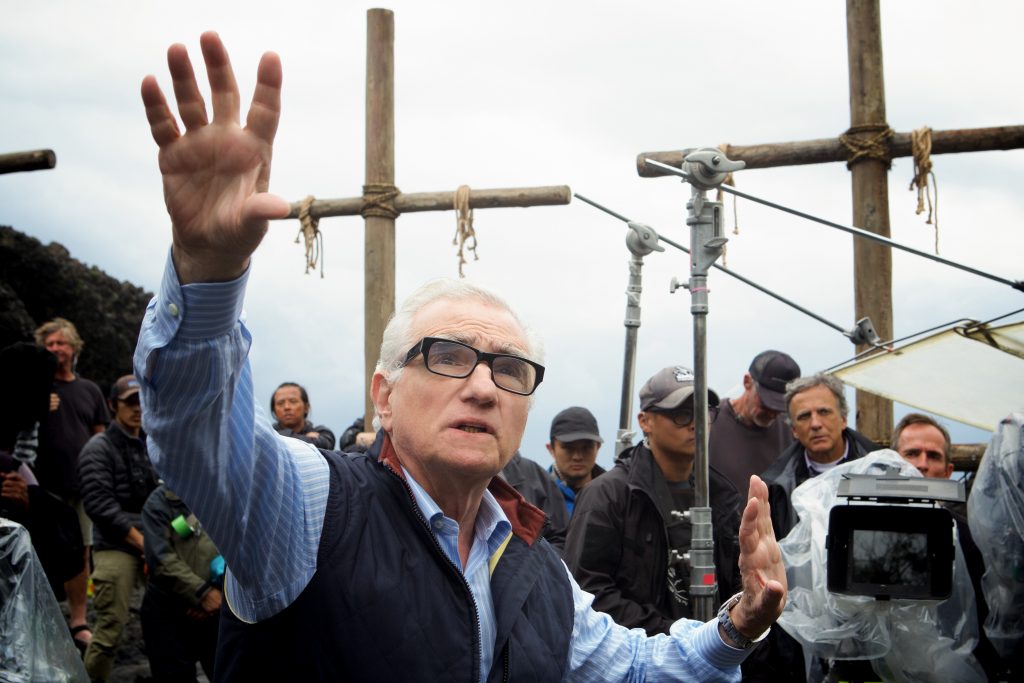
But there was one young priest [Francis Principe] who was stationed there in 1953. I was eleven years old. He was there six years, through the formation of my adolescence. He was a great guy and mentor, and he told us “You don’t have to live like this. This is America. Read.” He gave us Graham Greene, Dwight Macdonald, and many other authors. He had us listen to classical music and all sorts of things. He had very strong opinions. And he was pretty tough. He guided us all the way through. My father liked him.
But I saw the priest could talk one way, and deal with morals and ethics in the outside world, but within the family, it was a little different. My parents weren’t educated. My father worked in the garment district. There was no hope of, as they used to say, ‘bettering themselves.’ … His youngest brother was always getting trouble, and my father was the one who had to deal with that.
I was half-raised by this person, too. He was married, had two kids, in and out of jail, owed a lot of money. There was a lot of violence involved. Basically, my father was the one who would constantly be dealing with him, negotiating and pleading for him, paying the bail and taking care of things.
And so the issue of ‘my brother’s keeper’ comes to mind — knowing full well that once my father took care of this latest problem, it was only going to happen again at another level. I watched this my whole life. My mother argued against it. My brother did too. But my father took it up. He took care of him.
And this other fellow was not a likable man. These were tough people. [He laughs.] It’s not a bookish culture. I saw that acted out in very dramatic terms. It was crazy. It was kind of dangerous at times. I wondered how this bond could be there.
That was something I saw acted out as ‘Christian.’ My father didn’t go to church very much; neither did my mother. But they lived it out. I saw them live what they thought was a moral life.
Overstreet:
In talking about this film elsewhere, you mentioned that the Japanese are afraid of four things: lightning, earthquakes, fire… and fathers. And that has significant implications for how we read — or watch — Silence. The missionaries are trying to impart a message that has been shaped by a patriarchal culture. But the voice of Jesus is characterized, at the heart of Rodrigues’s Japanese experience, as a tender, gentle, and — dare I say maternal voice?
Scorsese:
This comes from what I read about Endo. I’ve read everything of Endo’s. Once again, his Life of Jesus — it was enlightening for me. He spells it out in his writings, that the Japanese do not need the authoritative aspects, the 'fear' aspects of Christianity, the paternal. They need the matriarch. They need the maternal. The nurturing, loving mother. This is another way.
Earlier, before, when you mentioned 'matriarchy,' and you said… ‘Excuse the word’ or something like that.
Overstreet:
I think I said "Dare I say 'maternal.’"
Scorsese:
We shouldn’t have to ‘excuse the word.’ In a patriarchal society, if you admit, as a man, to any aspect of yourself as feminine… that is [perceived as] negative. Well, too bad! The reality is … that’s what the nurturing is: the mother.
So many Japanese films are called Mother. So many great directors have made versions of Mother. [Director Mikio] Naruse made two versions of the same story — awesome! Just look at those films and you’ll see the extraordinary dedication and connection with the Japanese and their mothers.
This is what Endo was pointing out — that that was the way to possibly begin to address the Japanese culture.
I forget where I read it, the idea that many of the kamikaze pilots, they would hear over the radio that the last word they would scream was “Mother!”
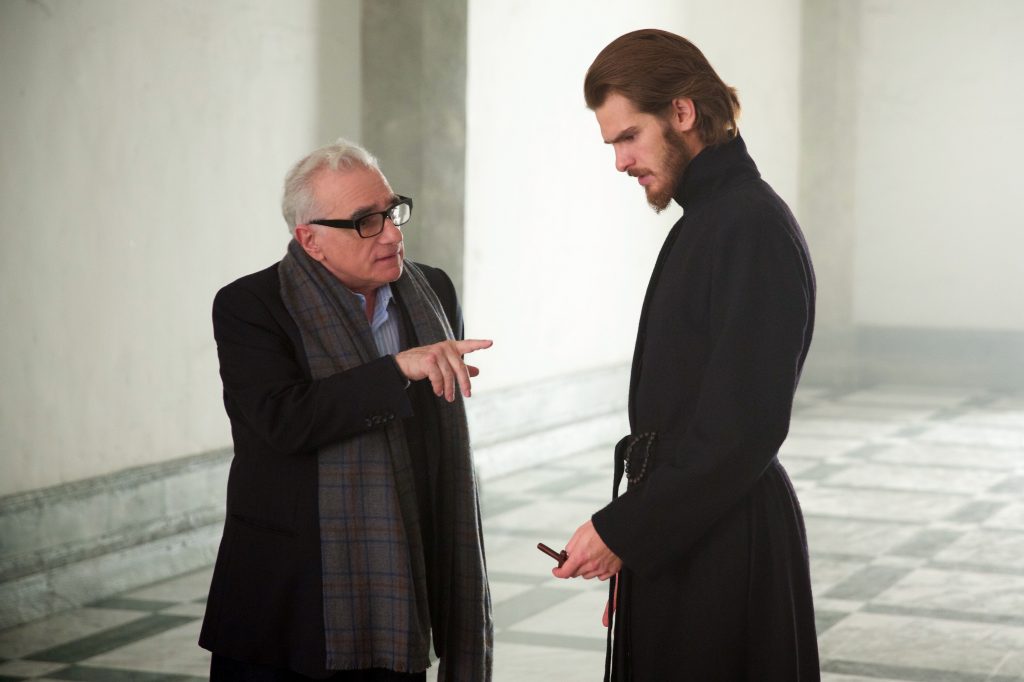
Overstreet:
And this gets to what the author Gregory Wolfe describes as ‘the ultimately tragic nature of evangelism’ — that something is always lost in the act of conveying one's understanding of the Gospel to someone in another culture. As these Jesuit missionaries learn, what they think they’re giving to a foreign culture isn’t necessarily what that culture is receiving.
Scorsese:
I did think, ultimately, about the missionary. It seems to me — what do you impart? What does the missionary impart? Dogma? Maybe.
From the outside, I'm looking in. And I think it comes down to action, to the behavior of the missionary, to being someone others would want to emulate. The Gospel comes with that. You live it out.
I think because of the translation issues of the gospel, and because so many of the ideas are so foreign, whether in Japan or Iceland, one has to be someone that others can emulate. In the Gospel translations, going way back to the Greek, there are still mistranslations. There are so many changes. So the ultimate thing is the compassion and how is that expressed.
Overstreet:
That’s why I think that Silence is an essential film — especially now, as we observe the rise of what they call ‘the Prosperity Gospel.'
Scorsese:
That’s one of the reasons I wanted to make this picture!
I must say. The more 'material' the world becomes — and it’s always been that way but in my 70-some-odd years, it seems more so now — the more material [the world becomes], the more we should be rethinking the spiritual nature of our human condition. It’s simple.
Over the years, I’ve talked to so many people from their 90s down to a 10-year-old boy who say ‘Frankly, I’m an atheist, we don’t agree on any religious issues at all.’ Then add to that the extraordinary impact of technology. I see so many young people living on their iPhones. What do you do when you take the iPhone away? How do they fill their spirit?
Overstreet:
And isn't that what happens, even to the missionaries? All that they have — even their religious vocabulary, even their traditions — are stripped away. It's like that verse in John's Gospel says: "Unless a seed falls into the earth and dies, it remains a seed." They have to die to themselves, and all that is familiar to them, for the Gospel to be truly planted.
Scorsese:
Yes.
Overstreet:
I couldn't help but think of that verse as I listened to Ferreira and watched what being a missionary had cost him. It's also the epigraph, you know, of The Brothers Karamazov, which has a lot of interesting correlatIons with Silence.
Scorsese:
I just finished re-reading Karamazov!
Overstreet:
It's like the Mount Everest of literary adaptation challenges, isn't it?
Scorsese:
It really is.
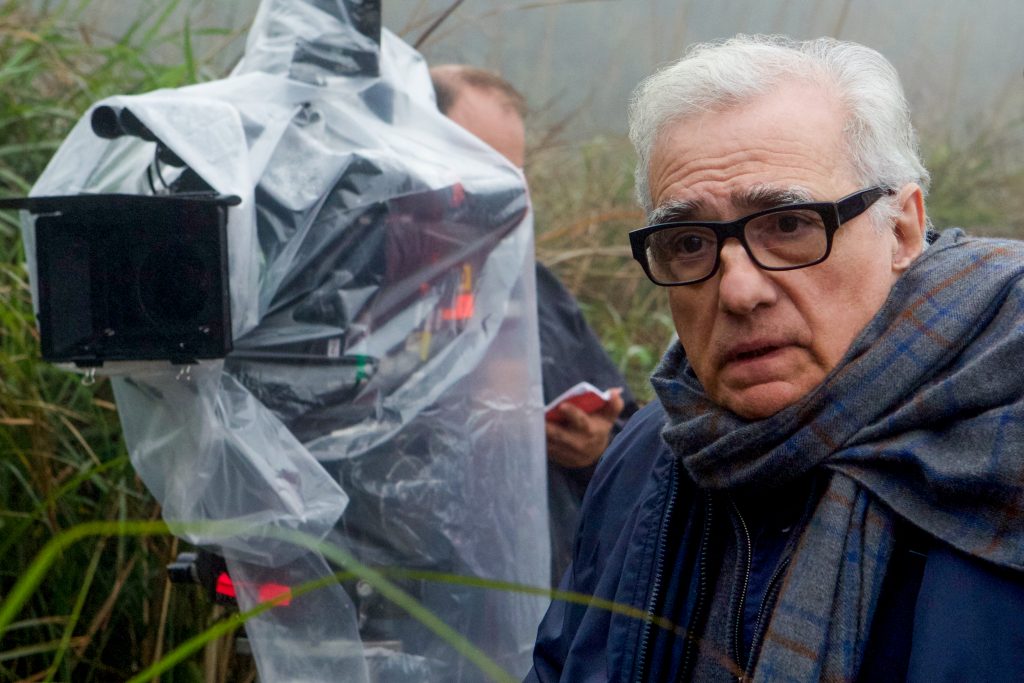
Overstreet:
Well, there's nobody I'd rather see take that on than you, at this point.
Anyway, back to Rodrigues and his test — it also reminds me of something the great Presbyterian minister Frederick Buechner once wrote. He said, "The world speaks of the holy in the only language it knows, which is a worldly language." That sounds like the missionaries learning to embody their faith in the language of their neighbors. And it sounds to me a bit like what you've done in your career — finding languages for love, sacrifice, and struggle within the language of Hollywood. It's how I became a defender of The Wolf of Wall Street to evangelical audiences — saying that it was about telling the truth "in a worldly language."
So I can't help but note the irony: When I reviewed The Wolf of Wall Street, I received an avalanche of angry mail from evangelicals who said that the movie was intolerably crass, and that its main character was unbearably profane. Belfort is greedy, he's a womanizer, he's cruel, he's materialistic, and he's a compulsive liar. They rejected my claim that I found your study of Belfort's evils as meaningful. But then, when a presidential candidate came along who behaves just like Belfort — or worse — on an almost daily basis, and in public, well... many of them supported him because he offered them power.
Scorsese:
It has taken us back... to such a level that — well, I’m in my 70s, and I’ve never experienced anything like it. The Wolf of Wall Street is, basically, our government at this point.
Overstreet:
Well, we've reached the end of the time we're permitted here, so this is my last question:
When I watched Silence, it seemed to me that you had taken a step farther than you had before. In past films, you alluded to matters of faith as if you were writing about it from a great distance, looking back on it as something you had left behind, or looking 'across the water,' so to speak, at something you appreciated but couldn't embrace. This film, by contrast, feels like a homecoming, or a re-claiming of something essential. Is that a misinterpretation?
Scorsese:
What happened is that [making Silence] ultimately made me deal with faith even more.
How should I put it? I found out that there are certain levels you reach, or certain goals you achieve, and then... what’s beyond that? What the heck is beyond that? And even if you get something beyond that, it still doesn’t fill the void.
Part of that is filmmaking itself: It’s an obsessive impulse. You have to keep making pictures that move, and stories, and things that are not on the same level as the other pictures. But what can I say? I just have to do it. I enjoy it. I complain a lot about it, but I enjoy it.
And I love the people. I love the actors. I come from the streets, and I love the hustlers — the ones who say one thing, and they have their hands in your pocket while they say it, and they’re taking whatever money you have. [He laughs.] I admire the audacity.
It’s just ... the world in a microcosm, in a way.
And there are some really decent people who have been extraordinary to me in the past 40 years here in Hollywood.
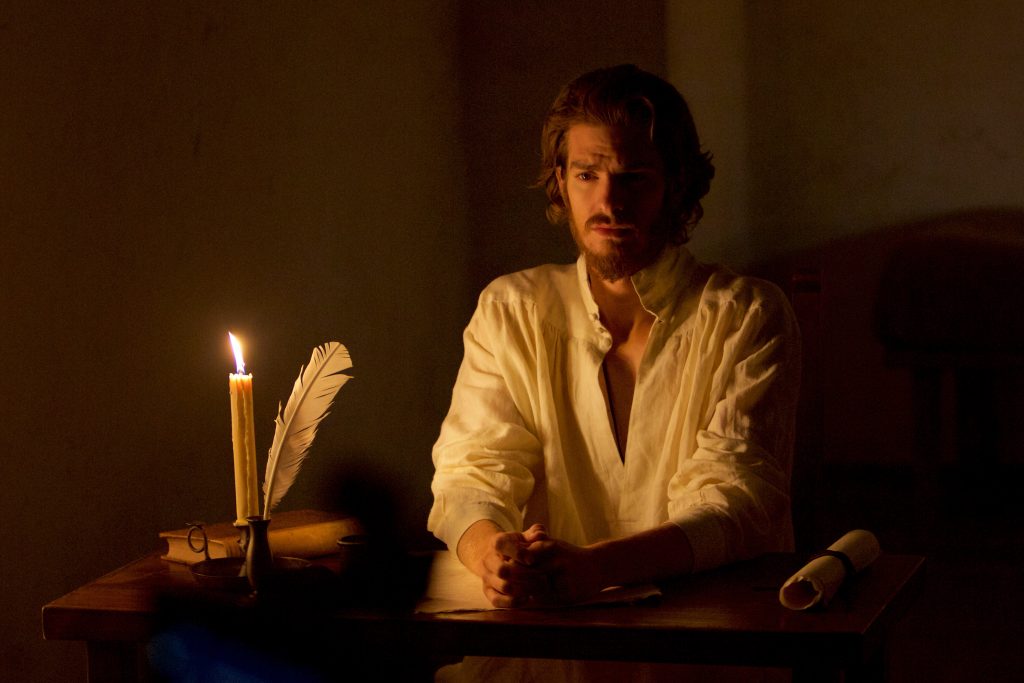
I had it in Mean Streets, and everybody knew it. Taxi Driver, there was no doubt. And Paul Schrader who wrote it was a Calvinist. With Raging Bull — totally — we were involved with the spiritual side of the character, De Niro and I. De Niro is not necessarily overtly religious. But we didn’t have to speak — we knew it was us in the character of Jake. And we knew who we were at that time. That was a life-changing experience.
And then it started all over again. I was trying to find other things. And that led to The Last Temptation of Christ. And that led to Kundun. Touchstone Pictures put that up there on the screen.
What I’m saying is this: It only strengthened my resolve to explore faith more.
So, maybe I have [faith]. Maybe, after all this time of being 'in the disaspora' so to speak (which I am), the real faith comes through by (as I was saying earlier) dealing with the people closest to you. Married again, and having a child late in life (the kid is now 17), [my] values change. (I have two older daughters — not that they were not valuable, but I was a different person then. I was younger. I had more energy.) ... The bottom line is how you are with the people closest to you, and the people you work with, the people you love in life. Maybe that’s the best you can do.
But the more hostility there is toward faith, the more I think we should look at it closer.
Paterson (2016)
1.
It's as if director Jim Jarmusch heard about the year that I just survived and somehow decided to bless me, so he studied the movies that have given me particular blessings in the past, and then he went and made a movie that makes make me laugh and cry and fill up with hope and blaze like a match with the remembrance of who I am and what I love.
2.
With this, I realize that Jarmusch just might have quietly, sometime in the night, slipped into my "Favorite American Filmmaker" spot. He has become more reliable, more enjoyable, more unpredictable than anybody else I can name.
3.
One night, I was re-reading A Wrinkle in Time, and Mrs. Whatsit explains to Meg Murry that there are not three but four — yes, even five, dimensions! The next night, I saw Paterson, in which Paterson ponders the very same thing. So... hmm.
4.
Paterson and Laura — played so beautifully by Adam Driver and Golshifteh Farahani — may be my favorite movie couple. Ever.
5.
This is the anti-Groundhog Day.
What if you woke up every morning, checked your clock, rose, and realized, "Hey... it's another new day!" And then, like a poet playfully imagining variations within the structure of an established form, you savored the freedoms and surprises that structures make possible.
6.
There's a lovely scene at the end that seems like a wink to those who love Jarmusch's late-80s classic, Down By Law. If you've seen it, maybe you remember the moment when Tom Waits is sitting dejectedly on a doorstep and a foreigner walks up out of nowhere and starts trying to connect with him in very uncertain English. It worked beautifully there. It works beautifully here as well.
7.
The film I thought about most during Paterson was The Straight Story, and that's a good thing. It seems to occupy the same space in Jarmusch's catalogue that The Straight Story does in David Lynch's.
8.
SQÜRL is painting with some different colors these days. They almost sound content.
9.
I'm still mad that two of the "special guests" on Paterson's bus show up in this movie's trailer. I saw the trailer before I saw the movie, and it spoiled for me what would have been, if I'd discovered them while watching Paterson for the first time, one of the happiest surprises of my moviegoing life. (If you see the movie and you don't recognize them, well... email me.)
10.
With Only Lovers Left Alive and this film, Jarmusch is really enjoying the composition of an aerial shot of a person lying down, limbs splayed, in the context of their everyday mess.
11.
This is free verse cinema with some wonderful internal rhyming.
12.
I saw this during its first regular-run screening late on a Thursday night in downtown Seattle with about fifteen other people who were the perfect audience — the sort that all hesitantly laugh at all the right things, but uncertainly, as if to say, "Is it just me, or was that really funny?" and then others start to laugh too, and we all realize that we have a similar sense of humor, and pretty soon we're all laughing at all the little things, just happy to be in the company of people who "get it."
13.
Man, 2017 — my first two trips to the cinema this year have been deeply satisfying. Let's go three for three, okay?
Scorsese's sympathy for the devils
Some Christians recoil at the name “Martin Scorsese” just the way that the two priests in his new movie Silence are repulsed by their untrustworthy guide Kichijiro. (I know this first hand, I get angry mail from evangelicals whenever I review Scorsese’s work.)
In many Christian minds, this former Jesuit seminarian is an infidel, a heathen, both dangerous and misguided. Didn’t he make The Last Temptation of Christ, that controversial, “blasphemous” film about a disoriented Jesus and a sympathetic Judas? Didn’t he stage a pageant of debauchery when he made The Wolf of Wall Street? Aren’t his gangster movies filled with sex, drugs, and violence?
I see it differently. Scorsese has always been drawn to stories about villains, moral failures, characters who crave worldly power and influence. But he isn’t driven by a desire to glorify their sins. Rather, he seeks to represent characters he remembers from childhood: alcoholics, gangsters, hucksters, failures. He knew them. They disturbed him, but he loved them anyway. And his art is an expression of sympathy for, empathy for, and even identification with these “failures.”
Last weekend, I had chance to interview Martin Scorsese about his new film adaptation of Shūsaku Endo’s novel. As we talked, I found that Scorsese, too, is drawn to characters who might be called “wretches.”
Read all about it in Christianity Today. And stay tuned — I will write more about my conversation with Scorsese this weekend.
Cameraperson (2016)
[This review of Cameraperson was originally published in my column "Viewer Discussion Advised" at Christianity Today.]
If you were to see the floor of my home office right now, you’d learn a lot about me.
I start this inventory every year after Christmas. I aim to file all loose papers, throw out expired coupons, finish and send letters that I left half-written, organize souvenirs and conference packets and travel papers that I tossed aside and forgot about. I always begin with zeal, driven by a desire to start the New Year with a clean slate. But I never finish the job. Why? The answer is discouraging. I lose my enthusiasm for the future as I stare into the disorder of the past. And the mess of my life stares back at me, saying “What are you going to do about it?”
Things means things. That’s what my high school poetry teacher used to say as I blinked at seemingly unrelated elements of a poem. Now I know what he means. The details of our lives, however arbitrary, will talk with one another if they are set side by side. And they will reveal patterns, obsessions, fears, and priorities.
Case in point: my favorite movie of 2017: Cameraperson, a documentary by Kirsten Johnson.
A lot of you will probably stop reading right there: A documentary? You don’t go to the movies for a report, right? You want to be caught up in a visionary work of imagination.
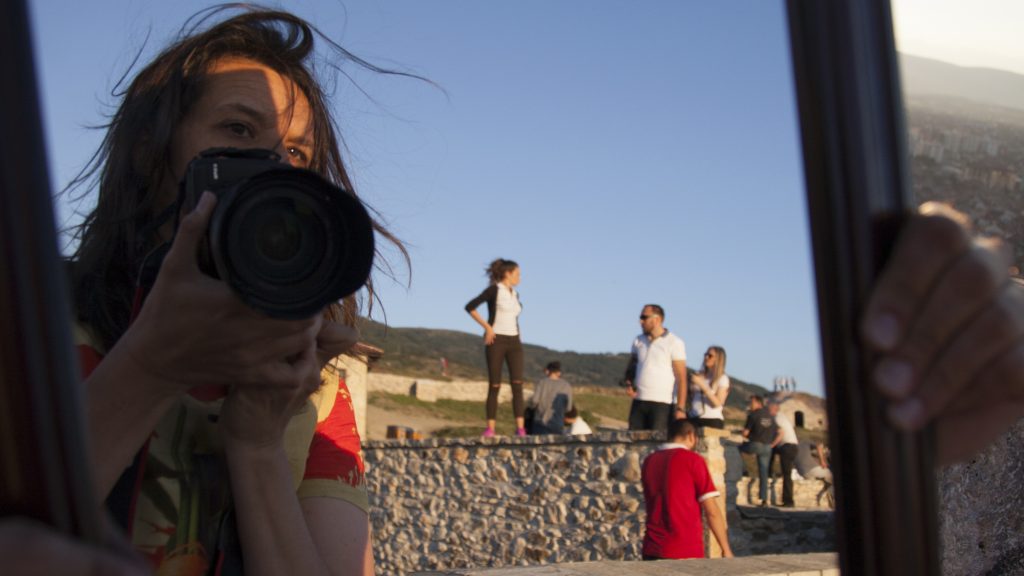
Well, “documentary” isn’t the best word for Cameraperson. It’s more like a mystery or a puzzle. Johnson, a cinematographer who has worked on some of the most provocative documentaries of the last 25 years, has cleaned up the cutting room floor and selected excerpts for an exhibition: fragments from between the scenes that “mattered,” throwaway segments of interviews, and excerpts from her own home movies.
She takes these “deleted scenes” and casts them like tea leaves across the big screen. A boxer, before and after an important fight in Brooklyn. A toddler who picks up an axe. A flash drive — buried, secrets and all, inside an active cement mixer. A newborn baby gasping for breath that might not be enough. An interview with a Bosnian counselor for rape victims; another, with a filmmaker full of unresolved rage toward her mother. A candid conversation with Johnson’s own mother, who is vanishing into an Alzheimer’s fog.
And she asks us to pay attention.
While at first these moments seem arbitrary and unrelated, they eventually reveal (for those with eyes to see) profound relationships. Edited by Nels Bangerter and David Teague, this is poetic cinema par excellence. It’s a war photographer's alternative to the whimsy of Agnes Varda’s The Gleaners and I. Little by little, we begin to understand what interests Johnson, what amazes her, what terrifies her, what leaves deep and smoldering scars.
Don’t miss the importance of this: Her personal exhibitions include a handwritten page from her childhood declaring the goodness of God, and shots of young girls in Colorado Springs dressed as the Bride of Christ, juxtaposed with shots of people in prayer in parts of the world routinely scarred by hatred, poverty, and violence.
“Show me your online history, your gas mileage, your receipts, a transcript of all you’ve done and said on a given day,” writes David Dark, “and we might begin to assemble a rough picture of your religious identity or, more generally, the witness that is and will have been your one wild and precious life. We’re never not broadcasting, testifying, worshipping, and making plain our core commitments.”
In that sense, Cameraperson is a profound portrait of a truth-teller and a person of faith. And it is not a contradiction to say that it is also a portrait of a person of doubt. They are the same person. She stays behind the camera, documenting troubles in Bosnia, Nigeria, Guantanamo Bay, and Darfur that can make you doubt God’s sovereignty one moment and then praise him for his glory the next. And yet, these things cohere into revelatory self-portraits.
That little girl who asserted that God was so very, very good? She has now seen things that have shaken her to the core. They shatter that young-evangelical smugness I once felt in asserting that “It’s all part of God’s plan.” Has Johnson lost her faith? Perhaps. Or perhaps this movie is her version of Psalm 88: a desperate appeal to God that doesn’t arrive at a satisfying answer.
And yet, while I come away burdened, I am also exhilarated at what has been revealed: a coherence of human experience, a connectedness across contexts.
Things mean things. It is Johnson’s job not to explain, but to bear witness. "All creation groans," and she has witnessed harrowing testimonies, haunted places, battle-scarred faces. What sets her apart is her patience and vigilance, her capacity for finding beauty and love in the ruins. And I suspect that moviegoers will experience meaning here in remarkably personal ways. To borrow another favorite word from David Dark, that makes Cameraperson endlessly “talkaboutable.”
Track this movie down. Prepare yourself. Buckle up. And save time afterward, because viewer discussion is highly advised.
[I recommend Cameraperson for viewers 17 and up. Caution: There are painful and difficult images and testimonies included, some of which include harsh language, and some depicting life-and-death circumstances. You can preorder The Criterion Collection’s February DVD/ blu-ray release now.]
QUESTIONS FOR DISCUSSION
- What images from your own life — the most difficult, the most breathtaking, the most haunting — might you assemble if you were to create a collage of your own? What have you witnessed that you would show the world, as a question or a testimony or both?
- This movie, perhaps more than most, can reveal a lot about a moviegoer. Which moments do you find most significant? Surprising? Discomforting? Beautiful? Confusing?
- It’s a question that comes up for almost any photographer: At what point should you step out from behind the camera and directly intervene in the scenario you’re witnessing? Is it ever appropriate to let suffering unfold and just go on filming? Why or why not?
- Trace some of the ways in which disparate elements of the film seem to be connected. Are there any scenes that leave you puzzled about why she included them? Talk with others: Did they detect some poetic resonance?
- Consider the juxtaposition of images from Colorado Springs Christianity and prayers spoken in the Middle East. What questions or observations do you think this suggests? What scenario in the film, for you, addresses questions of faith most powerfully?
- Overall, do you find this film to be inspiring? Disheartening? Why?
- What Scriptures might provide an appropriate epilogue to this experience?
Read my full commentary on Cameraperson in my weekly column at Christianity Today: "Viewer Discussion Advised."
And then, pre-order the upcoming video release from The Criterion Collection. (You're unlikely to find Cameraperson in theaters at this point.)
Why Watership Down belongs alongside Narnia and Middle-Earth
Among the many artists we lost in 2016, the one who influenced me the most passed away on Christmas Eve. Without his imagination, I might have lived a very different life.
The great Richard Adams, who died on Dec. 24 at the age of 96, first imagined Watership Down as a way to entertain his daughters during a road trip. The narrative grew into a novel beloved by generations and influential in countless creative works (including my own fantasy series).
 Whenever I open my timeworn copy, I’m reminded of why it has commanded my attention since I was 10. It was so much more frightening, dire, and — for lack of a better word — realistic than anything else I’d read. While Watership Down is a story of talking rabbits, it isn’t a cute nursery story about bunnies. It’s a substantial literary achievement, one as rich in philosophical and political subtext as it is thick with literary allusions. It deserves serious critical attention, including theological exegesis.
Whenever I open my timeworn copy, I’m reminded of why it has commanded my attention since I was 10. It was so much more frightening, dire, and — for lack of a better word — realistic than anything else I’d read. While Watership Down is a story of talking rabbits, it isn’t a cute nursery story about bunnies. It’s a substantial literary achievement, one as rich in philosophical and political subtext as it is thick with literary allusions. It deserves serious critical attention, including theological exegesis.
Today, in my first appearance at Think Christian (thanks to Josh Larsen for the invitation), I make my case for Watership Down's spiritual significance, arguing that it belongs alongside The Lord of the Rings and The Chronicles of Narnia as an essential example of fantasy's capacity for speaking to us about things true, sublime, and eternal.
Guns and nukes are for cowards
Last week, I introduced Of Gods and Men to the high schoolers in my online film class.
After we watched it, we wrestled with hard questions about how these monks chose to answer the threat of terrorism.
One of them surprised me with his answer — boldly disagreeing with Roger Ebert on the film.
Read all about it in this week's edition of "Viewer Discussion Advised" at Christianity Today.
My favorite moment from a Brad Bird classic
In what I would argue is Ratatouille’s most important scene — its thesis, so to speak — screenwriter Brad Bird makes his appeal to moviegoers that curiosity, playfulness, and a spirit of adventurous experimentation are the secrets to turning merely practical pursuits into a joyful way of life.
We watch as a snack-toting Remy finds his older brother Emile wolfing down a piece of cheese. Recognizing the value of the morsel, Remy reprimands Emile for consuming excellence without any respect or appreciation. “Don’t just hork it down!” He tries to awaken in his brother the same joy that he knows, the same passion for trying unlikely combinations in a single bite.
“Chew it slowly.”
And as Emile cooperates, the background fades to black.
Then, Remy has him try a piece of fruit with the cheese. As Emile practices savoring flavor, little by little, we see faint lights begin to pulse in the shadows, a dawning realization of magic. Remy, a zealous evangelist, exclaims, “Now, imagine every great taste in the world being combined into infinite combinations! Tastes that no one has tried yet! Discoveries to be made!”
And then... well...
Yeah. It doesn't go well.
Read my new reflections on my favorite moments from Brad Bird's Ratatouille, a film that has a tenth birthday coming up in June. I contributed it to the new 100 Scenes project.
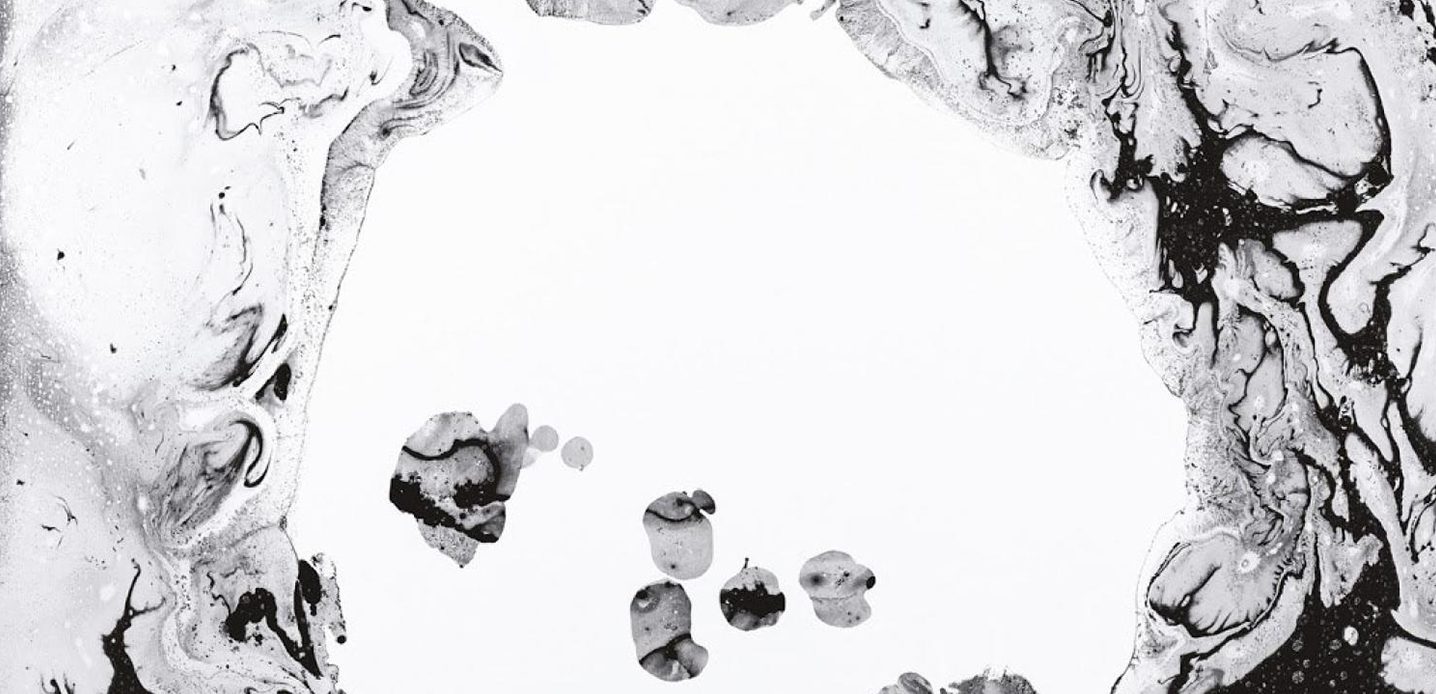

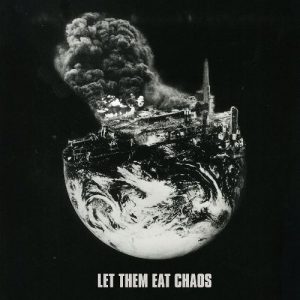
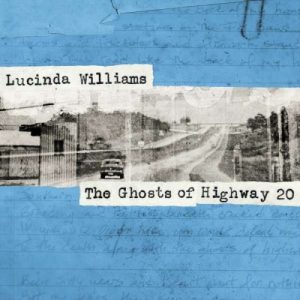
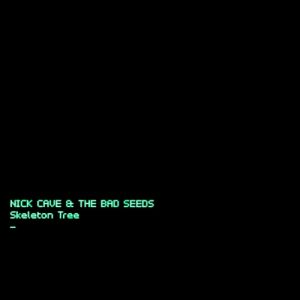
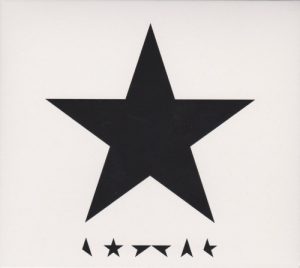
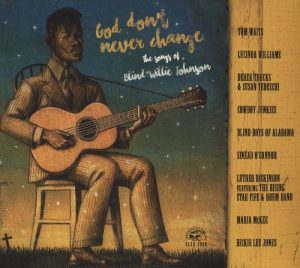

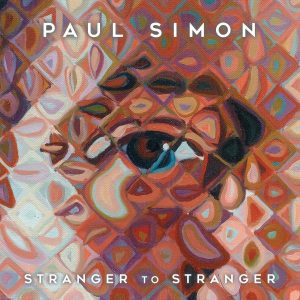
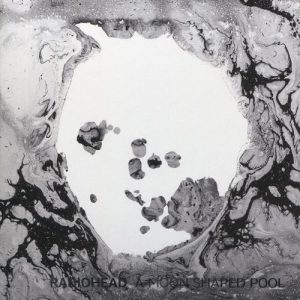
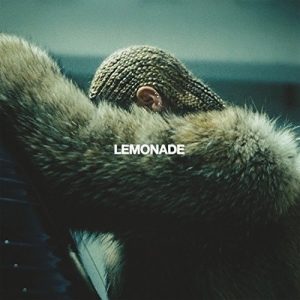
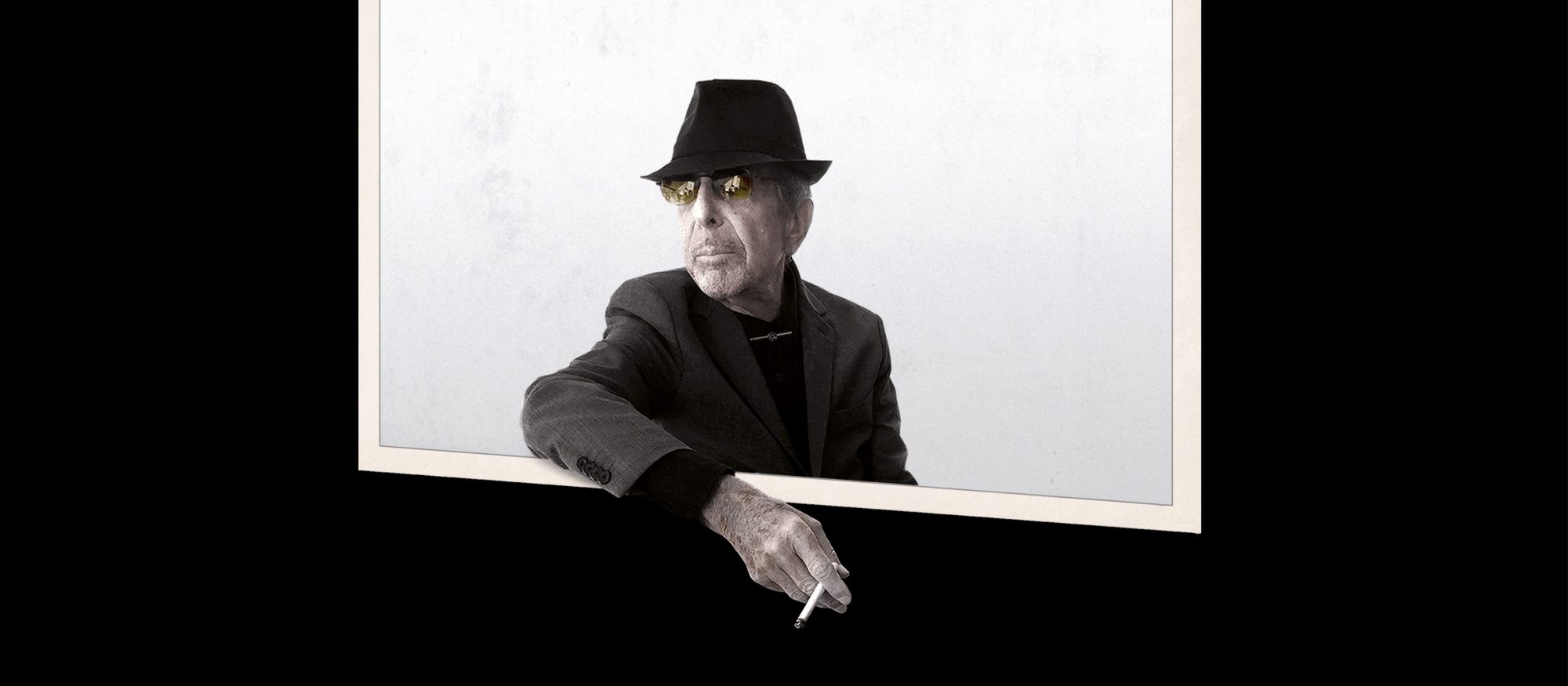


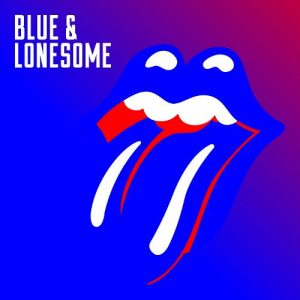
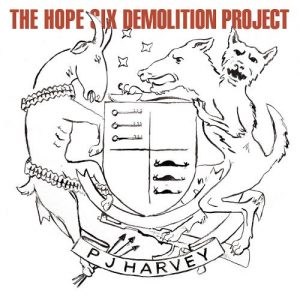

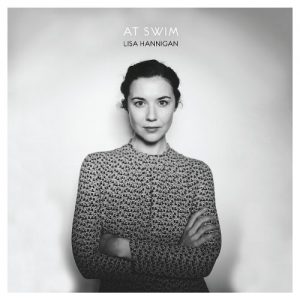

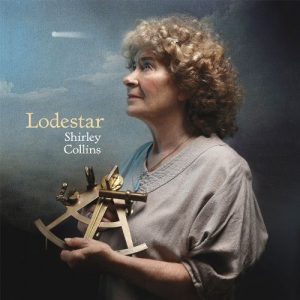

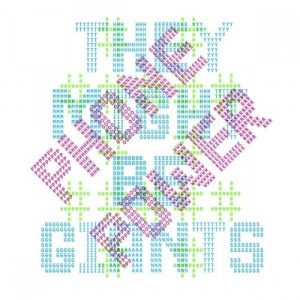




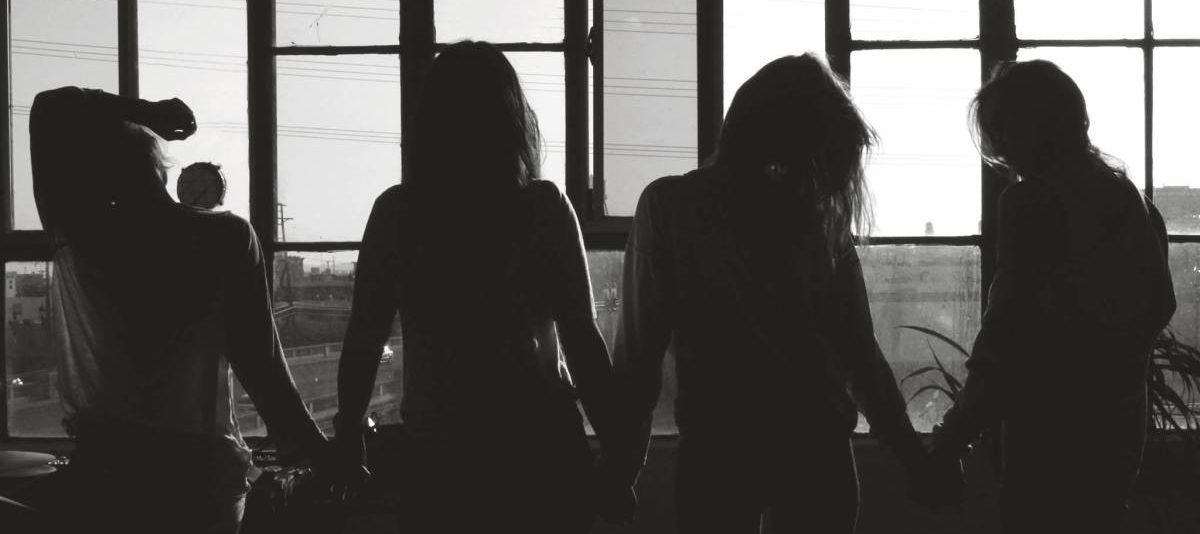
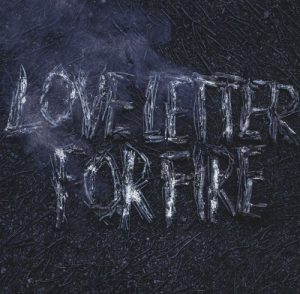
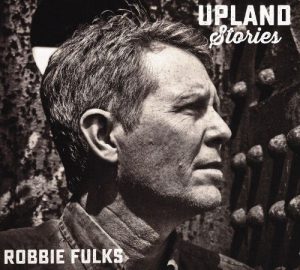
![Cameron+Dezen+Hammon+-+Word's+Don't+Bleed+[FINAL+WITH+CD+LOGO]](https://lookingcloser.org/wp-content/uploads/2017/01/CameronDezenHammon-WordsDontBleedFINALWITHCDLOGO-300x300.jpg)

